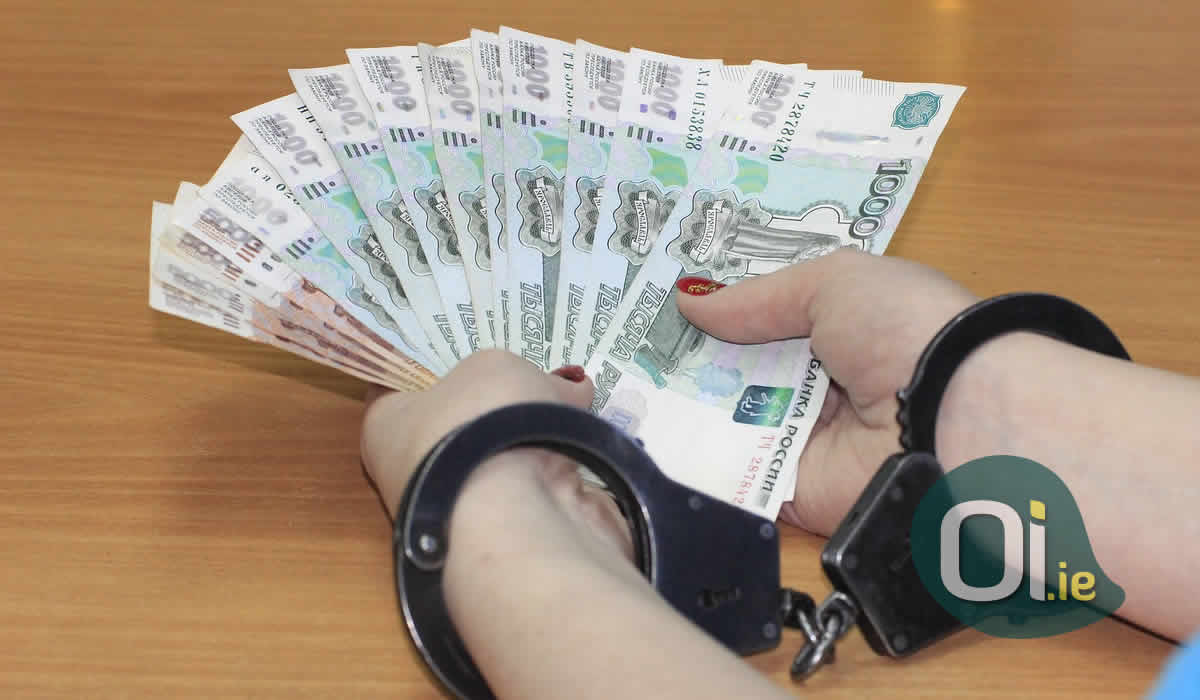Corruption exists in varying degrees in most countries around the world, including Ireland. However, Ireland is generally regarded as having relatively low levels of corruption compared to many other nations, and that includes Brazil.
According to Transparency International’s Corruption Perceptions Index (CPI), which ranks countries based on perceived levels of public sector corruption, Ireland consistently ranks relatively well, in 11th place out of 180 countries, indicating a relatively low perceived level of corruption compared to other countries.
When it comes to public perception, 86% of respondents to a corruption survey think that corruption is a major problem in Ireland (up 1% from 2009).
Overall, while Ireland is not immune to corruption, it is generally regarded as having strong institutions and mechanisms in place to address and mitigate corrupt practices.
Does Ireland face corruption challenges?
Yes, Ireland does face challenges related to corruption, in particular as a small nation where judges may move in the same social circles as heads of state. Here are some of the key corruption challenges that Ireland has faced:
- Political Corruption: There have been cases of corruption involving politicians and public officials. These cases have included allegations of bribery, conflicts of interest, and misuse of public funds.
- Corporate Corruption: Corporate fraud, bribery, and unethical business practices do occur in Ireland. These issues can undermine fair competition and erode public trust in businesses.
- Public Sector Transparency: Ensuring transparency and accountability in the public sector is an ongoing challenge. Recent scandals surrounding RTE, IRish Water, worker and employment agencies further emphasize this.
- Legal and Regulatory Framework: While Ireland has implemented anti-corruption legislation and measures, there is ongoing debate about the effectiveness of these laws and the need for further reforms. Strengthening legal frameworks and regulatory mechanisms can help prevent and combat corruption.
- Building and construction: Companies and organizations are exposed to bribery risks at the local level in relation to public procurement and the issuing of building permits.
- Conflicts of Interest: Many Irish politicians of heads of state bodies have been involved in hearings or judgments regarding conflicts of interest. These include awards contracts to associates, housing & Immigration tendering, employment and covid related benefits and expenses.
Recent examples of corruption in Ireland
- Garda Whistleblower Scandal: In recent years, there have been allegations of corruption and misconduct within the Garda Síochána, Ireland’s national police service. Whistleblowers have come forward with claims of malpractice, including the falsification of breath test data, mishandling of criminal cases, and mistreatment of whistleblowers within the force. These allegations have led to inquiries and investigations into police practices and oversight. More information.
- Project Eagle Inquiry: The sale of NAMA’s (National Asset Management Agency) Northern Ireland loan portfolio, known as Project Eagle, has been the subject of controversy and allegations of impropriety. Questions have been raised about the transparency and integrity of the sales process, with concerns over potential conflicts of interest and the valuation of the assets. More information.
- RTE: The Irish state broadcaster has long been criticized for overspending on programming and production costs, leading to cost-cutting measures, staff layoffs, and restructuring efforts. Most recently, they were accused of underhand and deceiving payments to their top presenters, with salaries much greater to that publicly listed and agreed to after restructuring exercise. RTE management have also been accused of tendering contracts to family members. More information.
- Football Association of Ireland: The Football Association of Ireland (FAI) scandal refers to a series of controversies and issues that emerged regarding governance, finances, and transparency within the organization. John Delaney, chief executive at the time, oversaw misleading figures replacing reported losses with profits. He was also called into a government enquiry regarding a €100,000 loan he provided personally to the organization, such was its dire financial state, despite windfall government cash injections. More information.
- Irish Water Scandal: The Irish Water scandal centered on the establishment and operation of Irish Water, a public utility company tasked with providing water and wastewater services in Ireland. Controversies erupted over the introduction of water charges for households, leading to widespread public protests and opposition. Irish Water faced criticism for lavish spending on consultants, advertising campaigns, and executive salaries, exacerbating public outrage over the perceived mismanagement of funds.





